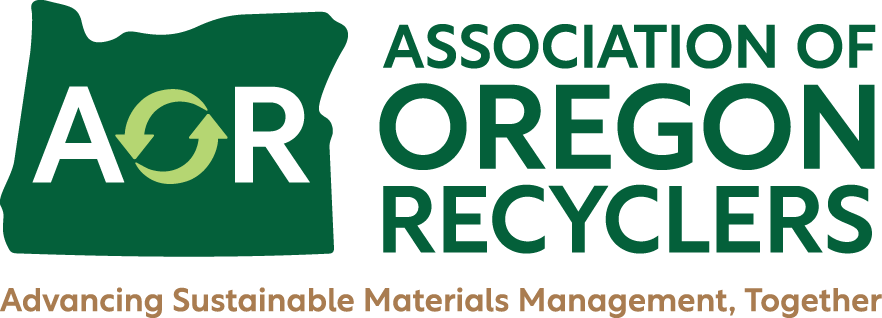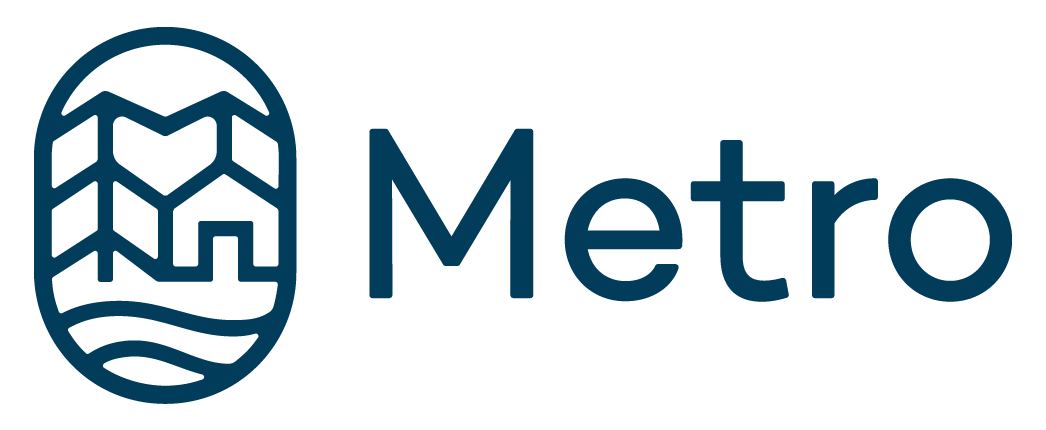Webinars
Webinar: End Markets for Finished Compost
Just as with traditional recyclables, closing the loop is essential for successful organics management. The loop is closed with the productive use of finished compost. This webinar, jointly hosted by NERC and NEWMOA, will discuss end market applications and examples from organizations that compost food and other organics.

NERC DE&I Training 4 - Engaging With Diverse Communities
The March 21 Training is about Engaging with Diverse Communities. Through storytelling, sharing of case studies, and small group discussions, the Training focuses on lessons learned to effectively conduct outreach and build lasting connections in underrepresented communities. Some of the concepts to be covered include understanding the cultures, trust levels and values of the communities in which you work; building equitable sustainability programs; and empowering community members to become part of the programs offered.
WEBINAR: The State of Paper Cup Recycling
The Foodservice Packaging Institute (FPI) will host an hour-long webinar on March 3, 2022 at 1:00 p.m. ET. The webinar will focus on the increasing acceptance of paper cups as seen from the perspectives of industry representatives along the value chain.
The DE&I Training 3: Creating a DE&I Path for Government Employees
Northeast Recycling Council Webinar: The DE&I Training 3: Creating a DE&I Path for Government Employees February 28, 1:30 - 3:00 EST
The training will include some creative exercises for helping government employees with developing a deeper understanding and awareness of diversity, equity, and inclusion. The Training will focus on the importance of the path each of us takes in this process, how it empowers us to advance our thinking about DE&I, and that job titles and work priorities don't have to be limiting factors.
Recycled Content Mandates: The Good, the Bad, and the Ugly
This webinar is co-sponsored by the Northeast Waste Management Officials’ Association (NEWMOA), Northeast Recycling Council (NERC), and West Coast Climate and Materials Management Forum.
Recycled content mandates are growing in popularity as a policy mechanism to engage producers in responsibility for recycling markets, sharing in the costs of a functioning recycling system, and reducing climate change impacts. But not all recycled content mandates are the same, and some have the potential for unintended consequences.
DE&I Training - Recognizing & Addressing Unconscious Bias
The second of NERC's four-part Diversity, Equity & Inclusion Training Series for recycling and solid waste management offers a practical approach to identifying and addressing our unconscious biases and the negative impacts they have in the workplace; as well as providing strategies for inclusion.
WEBINAR: Making the Case for Diversity, Equity, & Inclusion
The first of NERC's four-part Diversity, Equity & Inclusion Training Series for recycling and solid waste management is about Making the Case for DE&I. Training 1 will include presentations and discussions about building the foundation for DE&I in the workplace.
Presenters:
WEBINAR: Recycled Content Mandates: The Good, the Bad, & the Ugly
Recycled content mandates are growing in popularity as a policy mechanism to engage producers in responsibility for recycling markets, sharing in the costs of a functioning recycling system, and reducing climate change impacts. But not all recycled content mandates are the same, and some have the potential for unintended consequences.
This webinar will take a closer look at:
WEBINAR: Fireside Chat with EPA: Aligning the National Food Waste Reduction Goal with International Efforts
EPA recently announced a brand-new interpretation of the national food loss and waste (FLW) reduction goal for 2030, which is now in alignment with the United Nations Sustainable Development Goal 12.3.
WEBINAR: EPA Tools & Resources Webinar: Food Waste Research
This presentation will highlight the latest research on the environmental impacts of U.S. food waste and the potential benefits of meeting the U.S. goal of halving food waste by 2030. These topics will be reported in EPA’s forthcoming “From Farm to Kitchen: The Environmental Impacts of Food Waste” report.


